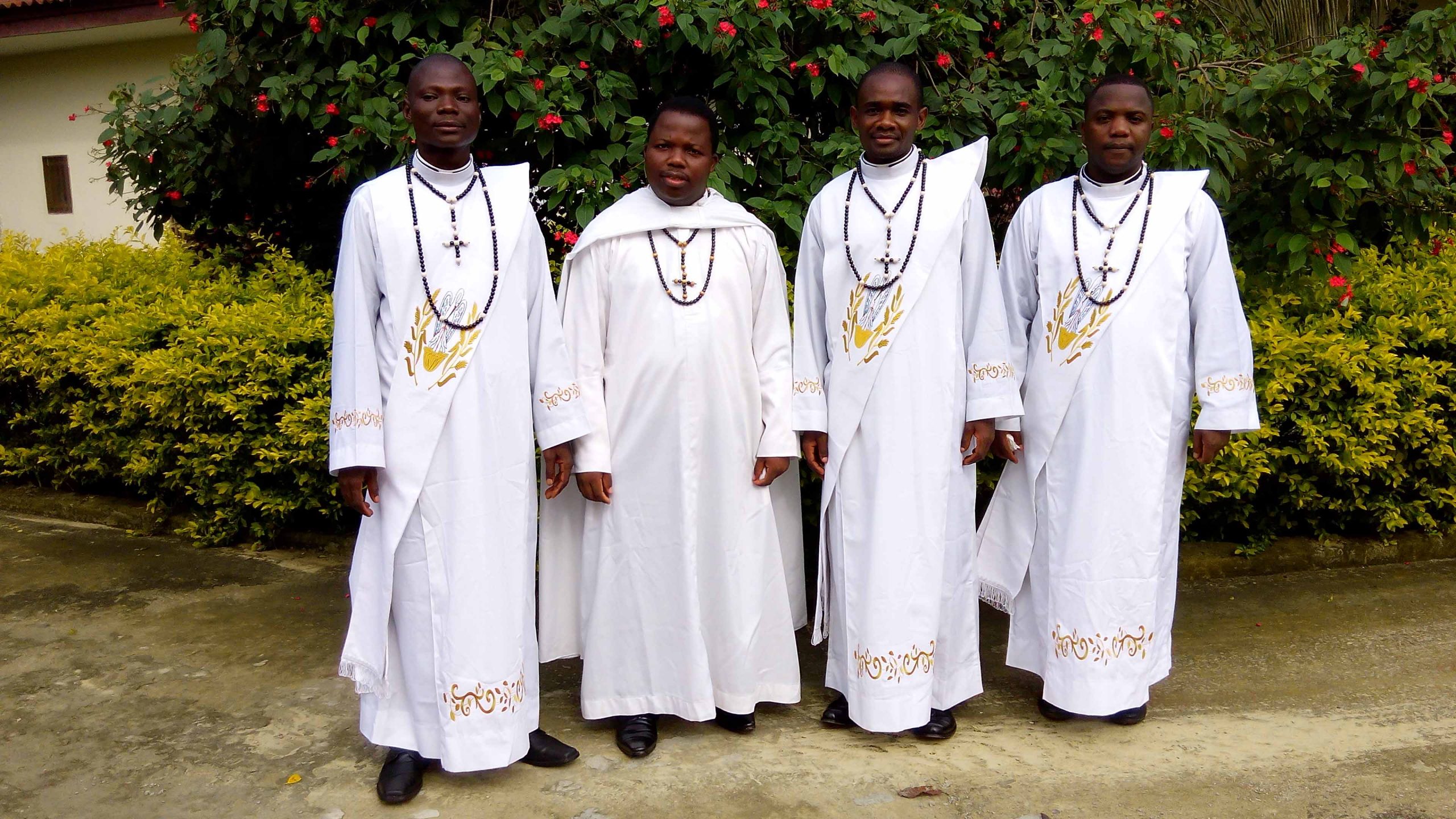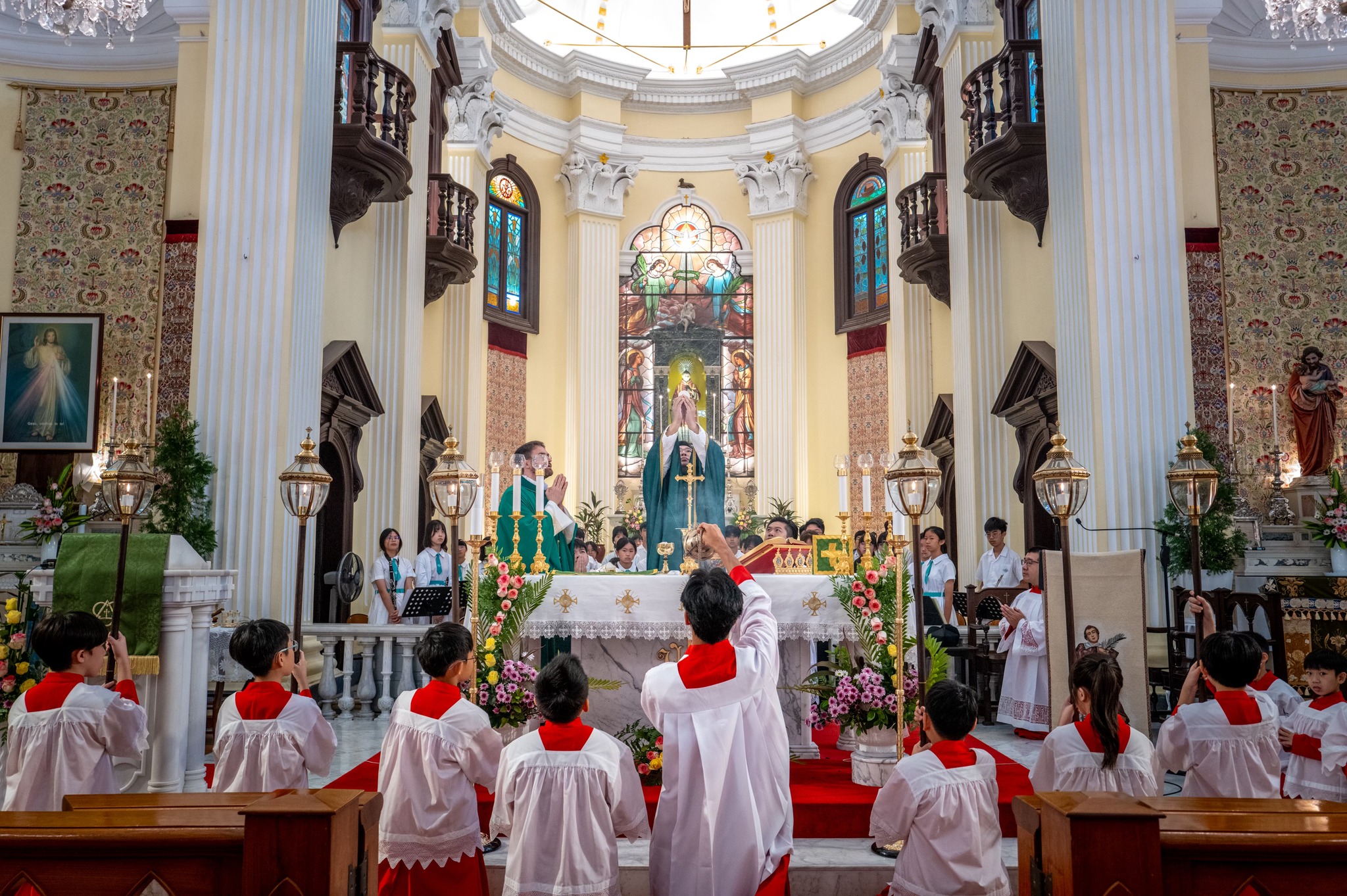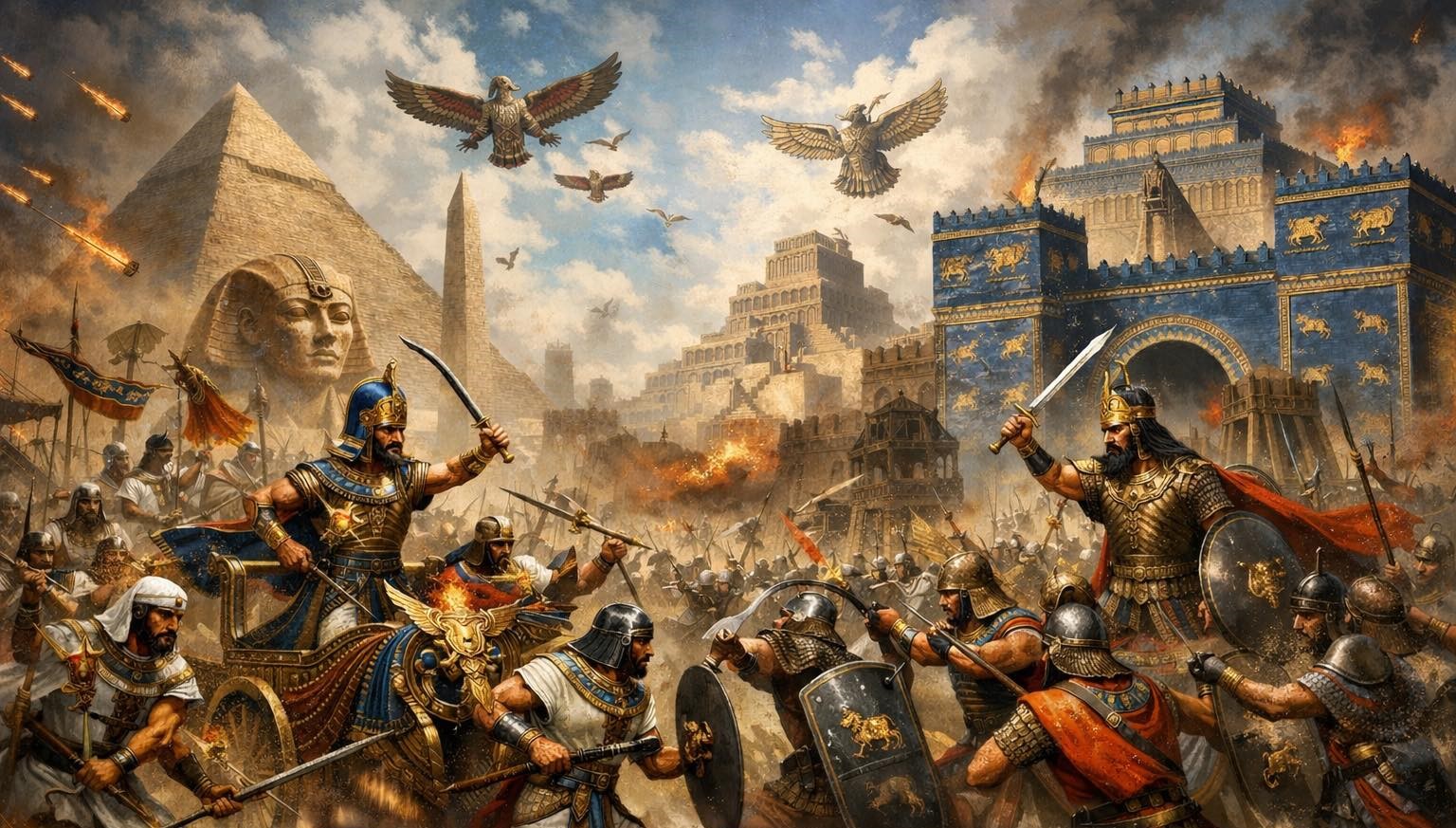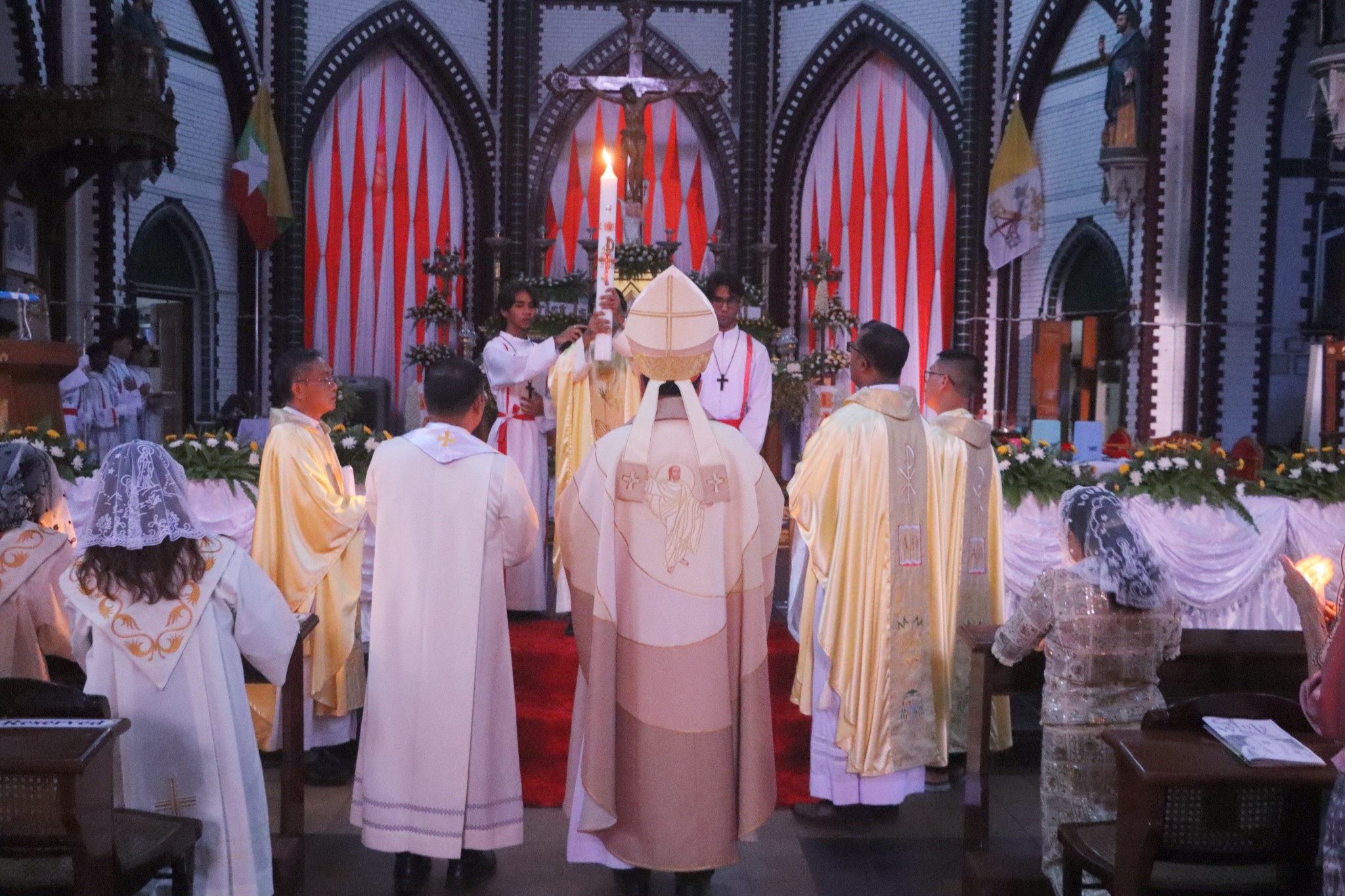Joaquim Magalhães de Castro
It was only in 1895 that the first missionaries from the African Mission Society (SMA) arrived in Ivory Coast. In other words, the Catholic Church, as an organized entity (let’s not forget the first attempts at evangelization carried out by priests who sailed on Portuguese caravels, from the 14th century onward) is relatively young there. Thus, Ivory Coast is still a “mission land,” with an entire hierarchy made up of bishops originating from that country’s diocesan clergy. But, as Bishop Marcelin Yao Kouadio of Daloa and president of the Episcopal Conference of Ivory Coast told the news agency Fides, “we are always open-armed and ready to welcome foreign missionaries from religious congregations (especially women) and institutes of apostolic life.”
The problem is how to transition from the status of a “mission land” to that of a “true missionary Church,” and what is the best process to facilitate such a transition. In the Ivorian prelate’s view, it is necessary to consider what he calls “triple autonomy.” First, the autonomy of the personnel involved in apostolic work, through a well-organized vocations ministry, directed primarily at the younger generations. Then, cultural autonomy must be achieved through the inculturation of faith: such as the promotion of local culture, “which has its own values,” in the dynamic of proclaiming the Gospel. Factors such as belief in God, the Supreme Being, the recognition of error and sin, belief in life after death, and the sense of community life are deeply ingrained in the traditional culture of the Ivorian people. Finally, financial autonomy must be maintained for all the country’s dioceses. “At the national level, we created a Catholic fund that is proving to be a huge success,” assures Bishop Marcelim. “We are completing the construction of a city financed by this fund. It is a city with a wide variety of housing that will be rented out to generate funds for the Church.”
But how do Catholics engage in dialogue with members of communities of other faiths? In a context like Ivory Coast, it is urgent to talk about interreligious dialogue, as there are still many “followers of traditional animist and Muslim religions.” However, the main ecumenical dialogue concerns the Catholic Church’s relations with Protestant churches. “In Ivory Coast, a kind of alliance for peace has been created between communities of believers, which unites us, above all, with our Protestant and Muslim brothers,” explains Bishop Marcelim. “Currently, as the Episcopal Conference, we are present as observers.” The Catholic Church is also present in the National Forum of Religious Confessions, an entity that promotes “initiatives for peace and social cohesion,” especially during the critical election period. In 2023, Ivorians—nearly 8,000 people—constituted the largest contingent of African migrants arriving on Italian shores. The phenomenon of emigration is a regrettable reality, as African countries, such as Ivory Coast, are immensely wealthy, yet their inhabitants cannot benefit from these riches. For example, Ivory Coast is the world’s largest cocoa producer, but those who grow it cannot afford the “excellent chocolate” so often touted in Europe and the rest of the world. Ivory Coast is also the third-largest coffee producer in the world, not to mention its gold, diamonds, and other riches. “The same thing happens in other African countries,” comments Bishop Marcelin Yao Kouadio. He concludes: “The children of Africa, deprived of their natural riches, are forced to die in the cemetery that the Mediterranean has become. It’s a tragedy! They say we live in a globalized world. They say the world is a big village, but the mobility we talk so much about is often one-way. Some can go anywhere, even without a visa, but the vast majority cannot even travel.” The local Church tries to raise awareness among young people about the risks associated with leaving, but without much success. “Last Lent,” explains Bishop Marcelim, “I organized a retreat with 12,000 young people, during which we addressed this issue.”
Health is another sensitive issue. And guaranteeing it to all inhabitants is a way to combat poverty. Based on this principle, Father Ysmael Herbin Gbagoué, a missionary in Daloa, speaks of the need to restructure a dispensary run by the African Mission Society in Zakoua, a small village located a few kilometers from the city of Daloa, in the center-west of the country. In this suburb, as in others, the population lacks state health clinics and must travel many kilometers to find a doctor or even a simple nurse. Tuberculosis is the most prevalent disease. As well as AIDS, but malaria remains the leading cause of death in Daloa. “We need quality medical instruments,” warns this SMA priest. Opening a maternity ward and a pharmacy are also among his goals. “We already have several nurses teaching courses for women so they can help prevent diseases in their children,” he says.


 Follow
Follow


